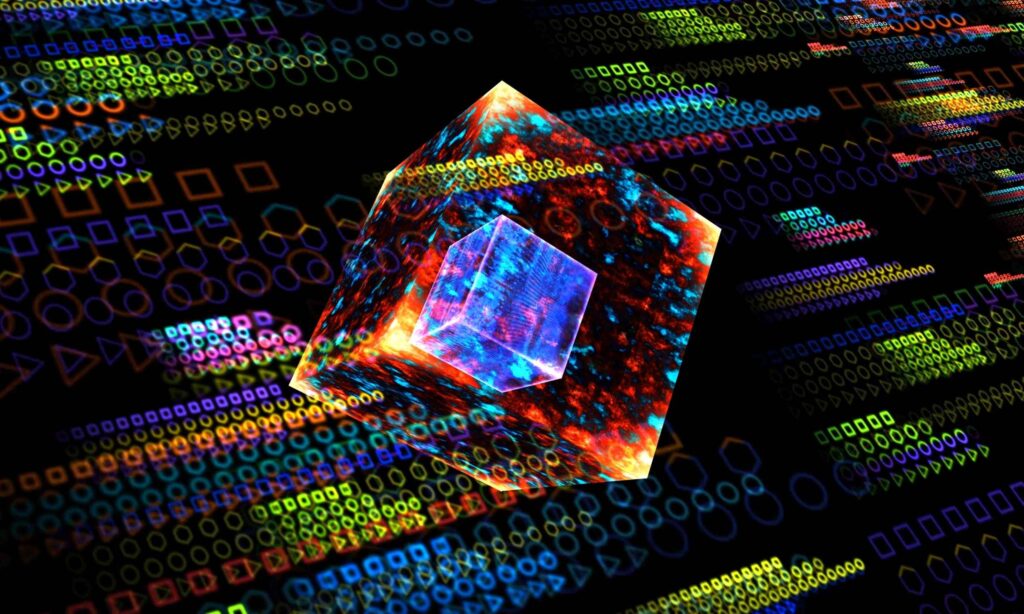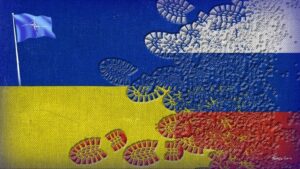
BEIJING – In a groundbreaking development, Chinese researchers have demonstrated the vulnerability of RSA encryption using a quantum computer, signaling a potential shift in data security paradigms.
Breaking: Quantum Computer Cracks RSA Encryption
A team of researchers in China has taken a significant step in the field of quantum computing by successfully breaking RSA encryption with a quantum annealing processor. This breakthrough was achieved by Wang Chao and his colleagues at Shanghai University, utilizing technology from D-Wave Systems.
Immediate Impact
The implications of this development are profound. RSA encryption, long considered a cornerstone of digital security, is now facing new challenges from the quantum realm. While current security protocols remain intact for the moment, the landscape is rapidly evolving.
Key Details Emerge
The researchers used a D-Wave Advantage system to factor a 22-bit RSA integer, a task that had previously eluded similar hardware. By translating the factorization problem into a Quadratic Unconstrained Binary Optimization problem, they leveraged the quantum system’s ability to solve complex combinatorial problems.
“Using the D-Wave Advantage, we successfully factored a 22-bit RSA integer, demonstrating the potential for quantum machines to tackle cryptographic problems,” the authors wrote.
Industry Response
The advancement has sparked concern among data security experts. Prabhjyot Kaur of Everest Group, an analyst firm, warned of the potential threats to enterprise data security and privacy.
By the Numbers
- 22-bit RSA integer successfully factored
- D-Wave Advantage system used
- More than 5000 qubits in current D-Wave machines
What Comes Next
As quantum technology advances, the pressure mounts on organizations to adapt. The National Institute of Standards and Technology (NIST) has already released standards for post-quantum cryptography, urging a shift towards quantum-safe algorithms.
Background Context
RSA encryption, introduced in 1977, has been a reliable security measure due to the computational difficulty of factoring large semiprimes. However, the advent of quantum computing threatens to undermine this security by solving these problems exponentially faster than classical computers.
Expert Analysis
While the current breakthrough involves a relatively small 22-bit key, the method’s scalability poses a long-term threat. Security experts recommend immediate audits of cryptographic systems and the adoption of hybrid schemes to ensure future security.
Regional Implications
The breakthrough by Chinese researchers could have significant geopolitical implications, as nations race to secure their digital infrastructures against emerging quantum threats.
Timeline of Events
- 1977: RSA encryption introduced
- 2023: Chinese team cracks 22-bit RSA using quantum computer
- 2024: NIST releases post-quantum cryptography standards
As the world watches the evolution of quantum technology, the importance of staying ahead in the cryptographic arms race cannot be overstated. Organizations holding sensitive data are urged to act swiftly to protect their information from future quantum threats.
The study detailing this breakthrough is published in the Chinese Journal of Computers.
Like what you read? Subscribe to our newsletter for engaging articles, exclusive content, and the latest updates. Check us out on EarthSnap, a free app brought to you by Eric Ralls and Earth.com.







